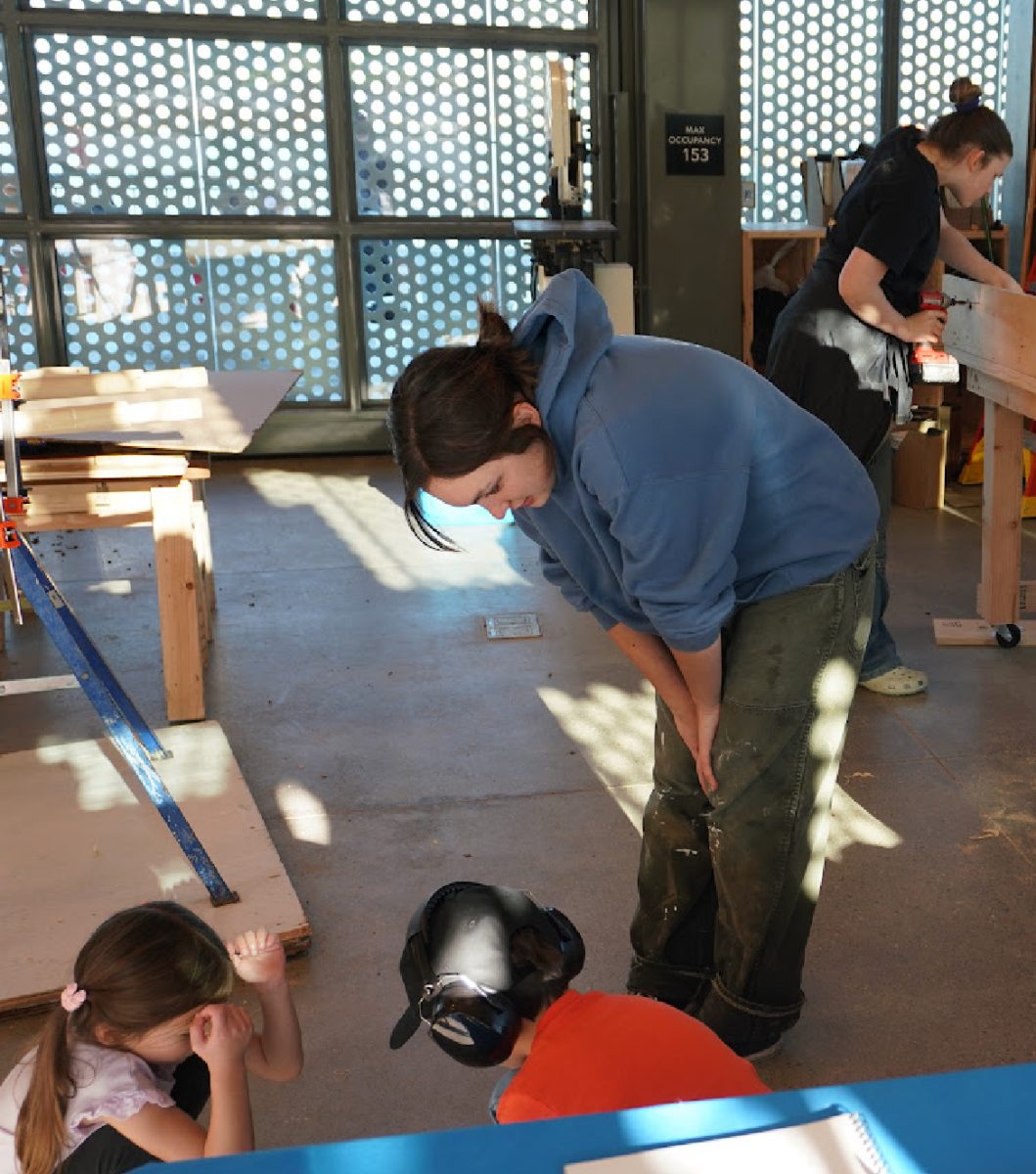Anti-vax: affects one, affects all
March 8, 2019
An unvaccinated 5-year-old boy from France brought measles to Costa Rica, a country that has been absent of the disease for five years, when he was visiting on a family vacation. The boy also passed the measles onto some of his French classmates as well. A common belief among those opposed to vaccinations is that it is each individual’s choice whether or not they vaccinate themselves and their children, and that this choice only affects themselves. As much as I’d love for this claim to be correct, it could not be further from the truth. According to the World Health Organization, the anti-vaccination movement has become a global health threat as of 2019.
Vaccinations don’t vaccinate individual people but entire populations, otherwise known as herd immunity. Every person within a population contributes to the herd, and diseases can travel quickly through a population if a significant amount of members remain unvaccinated, according to the U.S. Department of Health and Human Services.
The anti-vaccination movement is affecting people around the world as well as in our very own community. There are a number of vaccinated Tamalpais High School students who have been diagnosed with whooping cough due to the steeply increasing number of individuals that aren’t getting vaccinations according Lifeworks tutor, Sarah Shaffer.
As seen in our own community, the healthy, vaccinated population is still negatively affected by those who choose not to vaccinate. It is the responsibility of the healthy population to get vaccinated, especially as those with weak immune systems caused by diseases such as HIV, cancer and type 1 diabetes are unable to be vaccinated as their immune systems aren’t strong enough to fight the vaccine and create an immunity. If people don’t vaccinate themselves and their children, they are putting those who are unable to be treated at a severe risk of death.
However, with a much larger percentage of people not getting vaccines, even those who are vaccinated now have a much lower immunity. The smaller amounts of people getting vaccines is mainly the result of parents’ beliefs that it is unnecessary and/or detrimental to themselves and their children. According to a survey by the American Society for Microbiology, the percentage of people who thought it was important to have their children vaccinated dropped from 82 percent in 2008 to 71 percent in 2018.
If people aren’t going to vaccinate themselves or their children because of their own beliefs, they need to spend some time doing research and realize the strong need to vaccinate for those worldwide who will be affected if they don’t. Vaccines don’t directly make someone immune to a certain disease, but rather greatly decrease one’s chances of catching it while also decreasing the severity of the symptoms. The goal of vaccines is to eradicate diseases such as measles, mumps and polio altogether, but without everyone doing their part, the whole system falls to shambles as those who don’t get vaccinated are susceptible to diseases and can pass them onto others.
The main hesitancy for those opposed to vaccines is the widespread rumor that it can lead to Autism. However, a rumor is all it is. The claim is completely false and based off of no evidence whatsoever. The idea was started by a paper written by Dr. Andrew Wakefield in a so-called credible British journal, The Lancet, about a correlation between measles, mumps and rubella vaccines and autism. However, when other scientists replicated Dr. Wakefield’s experiment, their data didn’t replicate his findings, and his conclusions were immediately disproved. It was later discovered that he had been paid by lawyers of parents suing vaccination companies to skew his data and because of this, his medical license was revoked.
Although Wakefield’s claims were completely false, they have gained popularity as anti-vax parents search for evidence to back up their reasoning. For example, in May 2007, author and speaker Jenny McCarthy claimed that vaccinations gave her son Autism, which couldn’t be less accurate. Autism is a genetic, developmental disorder that one is born with. Whether McCarthy simply hadn’t noticed the symptoms in her son or they hadn’t begun to develop yet, there was no evidence on her side proving that her son’s vaccination caused his autism.
Some people are anti-vax for religious reasons as well; however, the only religions that are directly opposed to vaccinations and medical intervention are the Church of Christ Scientist, Dutch Reformed Congregations, Faith Tabernacle, Church of the First Born and Faith Assembly and End Time Ministries, none of which are religions that hold a large enough percentage in our society to make a significant difference. Although it is still their responsibility to vaccinate themselves and their children, these religious groups not doing so does not have a significant effect on the percentage of unvaccinated people as these groups are so small.
Not only are these people harming themselves by increasing their possible risk of death or illness, they are also greatly putting others who are vaccinated at risk of getting a milder, yet still severe, form of these diseases. The choice to not vaccinate is not only based off of unreliable data and facts, it is also completely selfish and negatively affecting the people and communities around anti-vaxxers. My hope is that people who are against vaccinations begin to think of not only of the consequences it will have on themselves, but on the rest of society as well.








